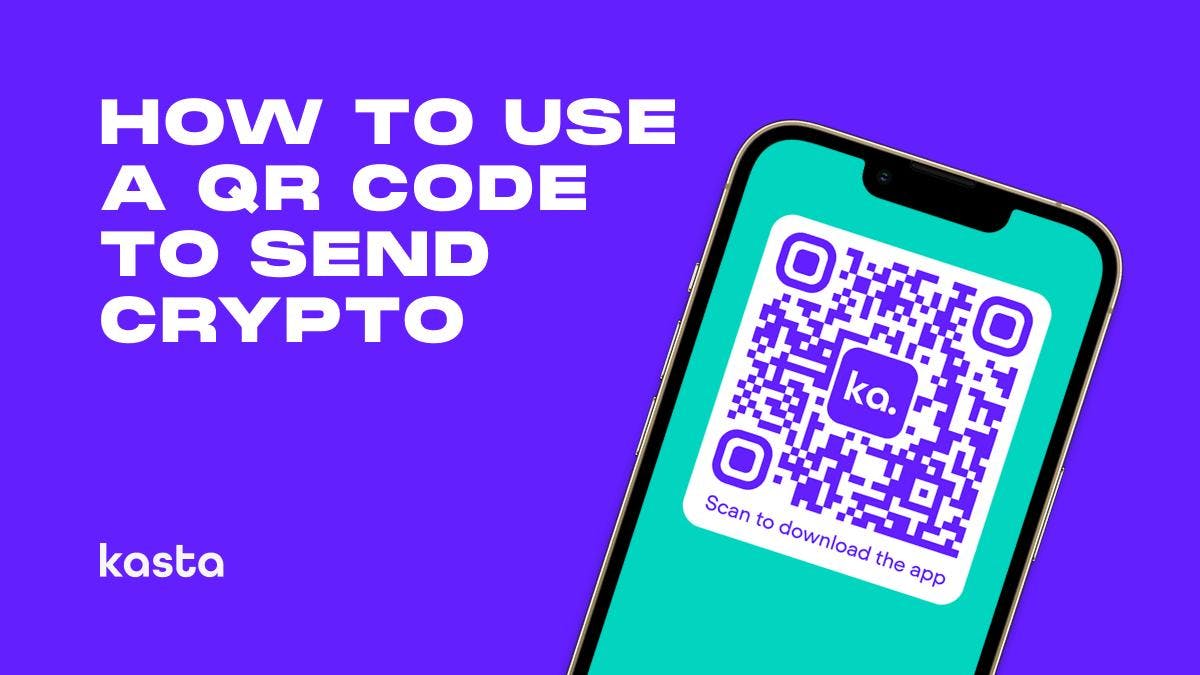Know Your Customer (KYC) checks are all about compliance and security, and thus they demand high-quality data and could be very strict about documents. In fact, some users fail KYC because of an invalid proof of address, bad image quality, and more.
If you failed KYC when signing up on Ka.app, the best crypto app for beginners, due to an invalid proof of address, you’re not alone. Here’s a guide that could help you succeed next time.
What Is Address Verification?
Address verification is a crucial part of a KYC process. It allows businesses to verify whether a user truly resides where they claim to reside. It also helps them determine which users are residents from restricted jurisdictions (and should not be allowed to create an account with them), and which ones are eligible to use their services or facilitate transactions.
What Is Proof of Address?
Proof of address refers to any valid document that serves as evidence of a user’s residence. It may be self-explanatory, but it’s good to flesh it out more as most KYC fails happen because of an invalid proof of address document.
Which Part of Ka.app KYC is Proof of Address Required?
Ka.app requires proof of address on the first level of its KYC, which is when you sign up for a Ka.app account. Passing the first level of KYC, also called identity verification, enables users to create a Ka.app wallet as well as use the deposit, withdraw, send, receive, and crypto swap features in transactions up to €14,000.
Here’s the end-to-end process of sending BTC to another Ka.app user:
- Fill out a form asking for your name, phone number, address and other personal information
- Take a selfie
- Set up your pin code.
- Upload proof of identification and proof of address documents

Which Proof of Address Documents Are Acceptable in Ka.app?
Ka.app accepts any of the following proof of address documents for KYC:
- Bank statement
- Credit card statement
- Electricity bill
- Employer’s certificate for proof of residence
- For those renting, the current lease agreement with your (the tenant) and the landlord’s signatures
- House purchase deed
- Internet bill
- Letter from a public servant, a recognized public authority, or any government-issued correspondence
- Water gas bill
- Any other utility bill linked to your property
You may also submit these documents to prove your residence but only if they contain your address:
- Driving license
- Identity card
- Passport
5 Tips to Pass KYC in Ka.app
Ka.app’s KYC process is pretty straightforward. However, our KYC partner only accepts high-quality documents for verification, so here are a few tips that can help you pass KYC when you sign up on Ka.app:
- Upload valid, clearly readable documents.
- Be sure the entire document is visible (e.g., upload the entire electricity bill, not just the part that shows your details, etc.)
- Bank statements, credit card statements, letters from a public servant or authority, and utility bills should be no more than 3 months old.
- Use a high-quality camera when scanning a document or taking a selfie. Avoid using a computer camera as the image quality may be compromised.
- Don’t take a screenshot of a PDF or take a picture of it through your computer screen. Upload the file directly into the app instead to maintain its quality.
Final Thoughts
The KYC process won’t take long when you know the best practices, what to avoid, and which proof of address documents to provide. However, if you followed all the tips we mentioned but still failed KYC in Ka.app, please use the app’s live chat support for assistance. We want you to be able to send BTC and other tokens in the app as well as enjoy other features, so our customer support team tries their best to respond to concerns within one working day.





